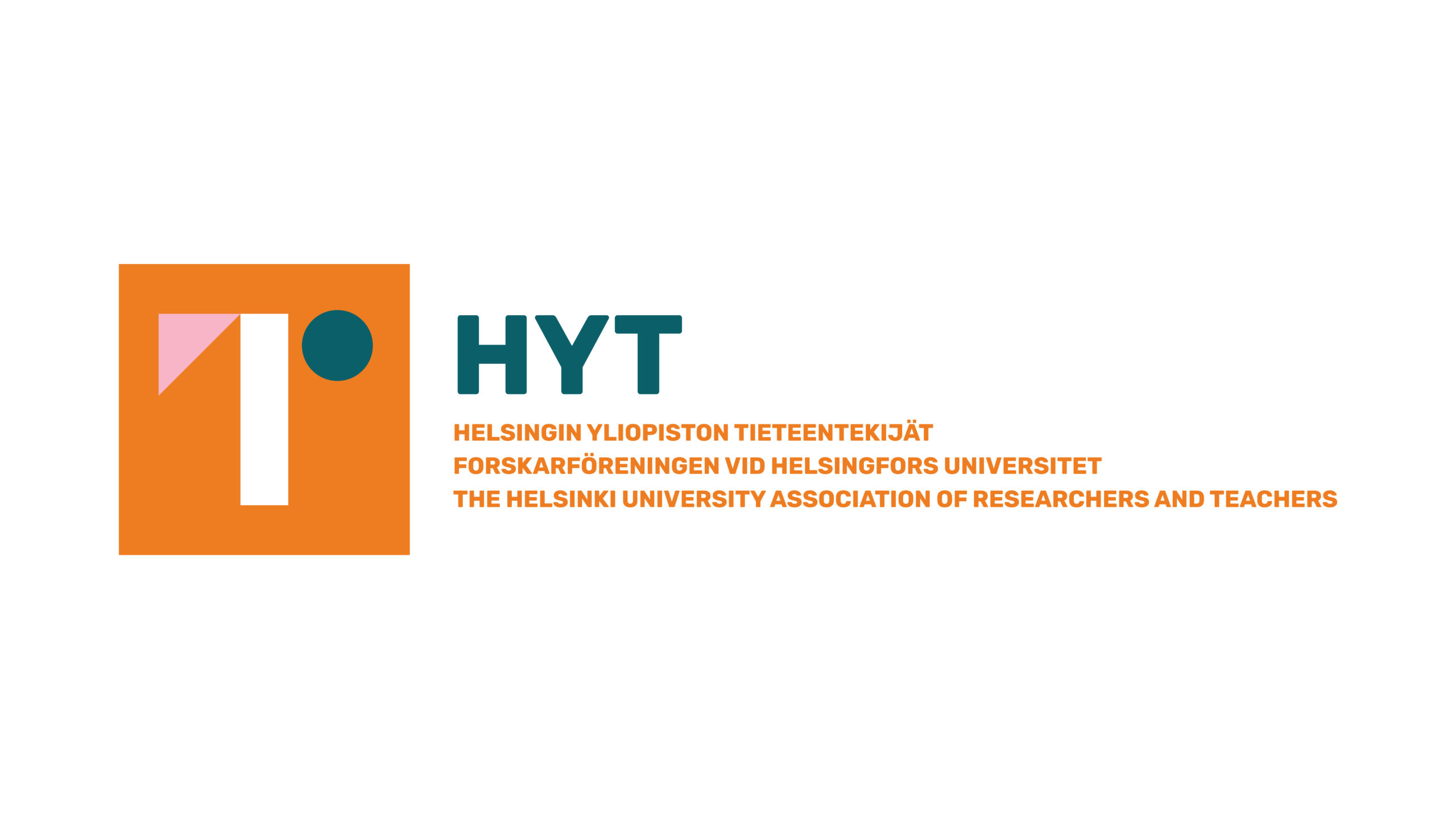The University of Helsinki announced on 14th November 2024 the beginning of a development process to reform its doctoral education. The reform’s stated goals are to offer fewer, larger, and more efficient doctoral education programmes starting in January 2026.
The idea to merge doctoral programmes does not fully agree with the needs of the different disciplines and could be counterproductive for faculties covering many different sciences. Additionally, such merges would create further disconnect between researchers and decision making bodies within the doctoral school. Neither does the proposal consider other factors affecting the efficiency of doctoral education, such as security of funding and wellbeing.
We at the Helsinki University of Researchers and Teachers Association believe that the structural reform must consider the needs of doctoral researchers and their supervisors in addition to the University’s strategic goals. Accordingly, we have drafted a list of local recommendations for the doctoral school to take into account.
Our recommendations
Study rights
- Work towards a model where every study right granted comes with at least 4 years of guaranteed funding and an employment contract
- Every study right must come with a commitment to active supervision.
Annual leave
- Doctoral researchers must be permitted sufficient annual leave in their work plans.
- Supervisors must ensure their supervisees are aware of and exercise their right to annual leave as permitted within the annual working time of 1 612 hours.
Salaries
- Doctoral researchers must be informed of their salary progression as laid out in the collective agreement.
- The University must ensure that doctoral researchers receive the appropriate raises as laid out in the collective agreement even if their supervisor is uninformed.
Induction program
- The role of the collective agreement, shop stewards, workplace safety officers, and staff organisations must be explained clearly in the induction program, including the role and high proportion of union membership in Finland
- The University must implement a proper induction program for incoming doctoral researchers. It is our opinion that the current Zoom induction sessions do not serve this purpose, and doctoral researchers should instead receive a more personal and local orientation in addition to a collective in-person event.
International researchers
- International doctoral researchers must receive immigration support, familiarisation with the Finnish working life and structures, and access to language courses.
- Finnish and/or Swedish language studies should be permitted as part of the work plan and the doctoral degree for international doctoral researchers.
Teaching
- Teaching duties of doctoral researchers must support the doctoral studies.
- Doctoral researchers must be temporarily relieved from teaching duties if the progression of their studies so demands.
Supervision
- The University must ensure that supervisors have sufficient resources to supervise their students.
- Supervisors must not be pressured to take on too many students at once.
Grant-funded researchers
- Grant-funded doctoral researchers should be offered a part-time work contract that guarantees access to occupational health care.
- If the net income from working on a grant is less than the salary recommended by the collective agreement, the work contract should cover the difference.
Insecure funding and fixed-term contracts are a significant source of mental anguish for doctoral researchers 1,2,3 and negatively affect graduation times. If the University of Helsinki is committed to its strategic goal of being “the best place to study and work” 4 while increasing the efficiency of its doctoral education, the University must commit to considering and improving the working conditions and wellbeing of its doctoral researchers. We encourage the doctoral school to engage in discussion with the staff organisations and union representatives during the planning process.
- Survey for early career researchers 2024, Tieteentekijöiden liitto (2024), available from https://tieteentekijat.fi/assets/uploads/2024/09/FUURT_Surveyforearlycareerresearchers_2024_valmis.pdf
- Varmaa on vain epävarmuus: Raportti kyselystä Helsingin yliopiston apurahatutkijoille 2020, Helsingin yliopiston tieteentekijät (2021), available from https://tieteentekijat.fi/assets/uploads/2021/05/HUART_Survey_report_2021.pdf
- Peräkkäin, rinnan ja päällekkäin: Tieteentekijöiden liiton jäsenkysely 2022, Antero Puhakka (2023), available from https://tieteentekijat.fi/assets/uploads/2023/10/Perakkain-rinnan-ja-paallekkan-12102023.-ejulkaisu.pdf
- Strategic plan of the University of Helsinki 2021-2030, University of Helsinki (2020), accessed 16 November 2024, available from https://www.helsinki.fi/en/about-us/strategy-economy-and-quality/strategic-plan-2021-2030/strategic-plan-of-the-university-of-helsinki
More information:
Tommi Mäklin
vice chair
tommi.maklin(at)helsinki.fi
